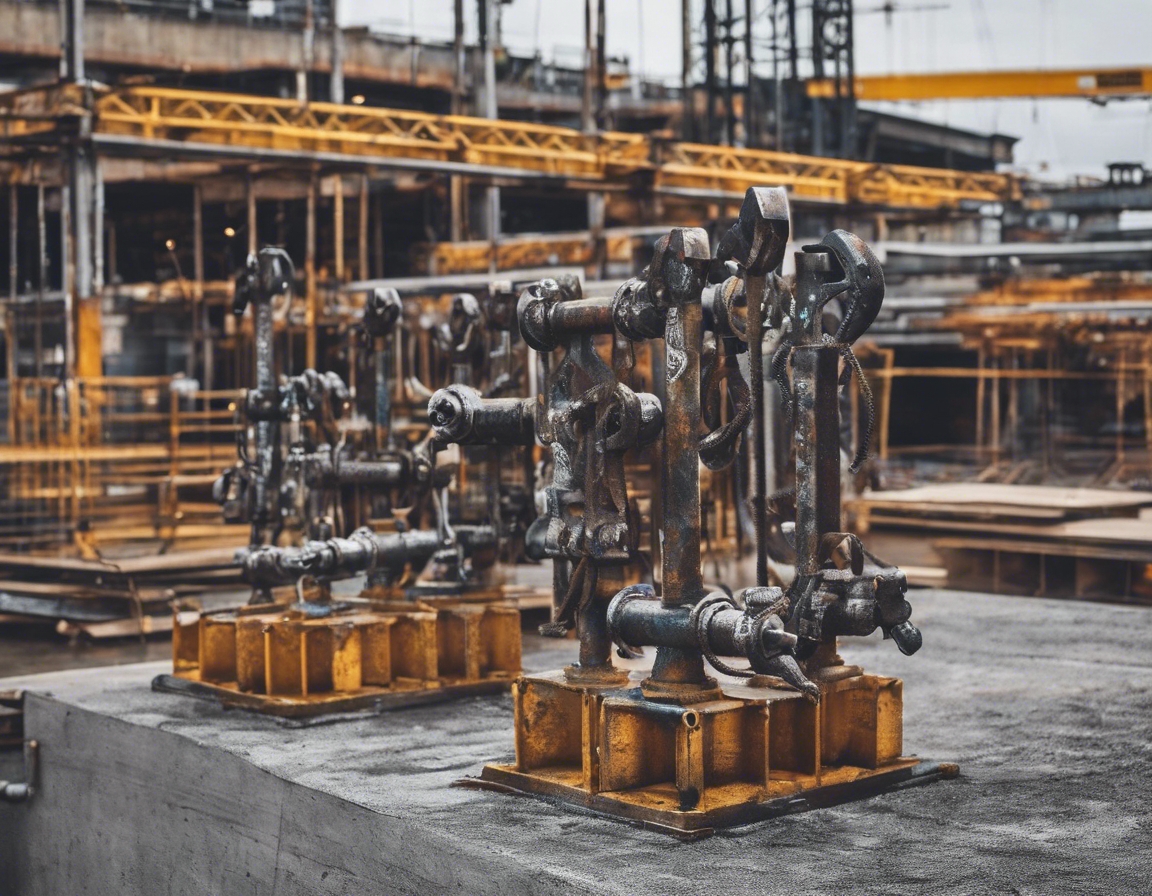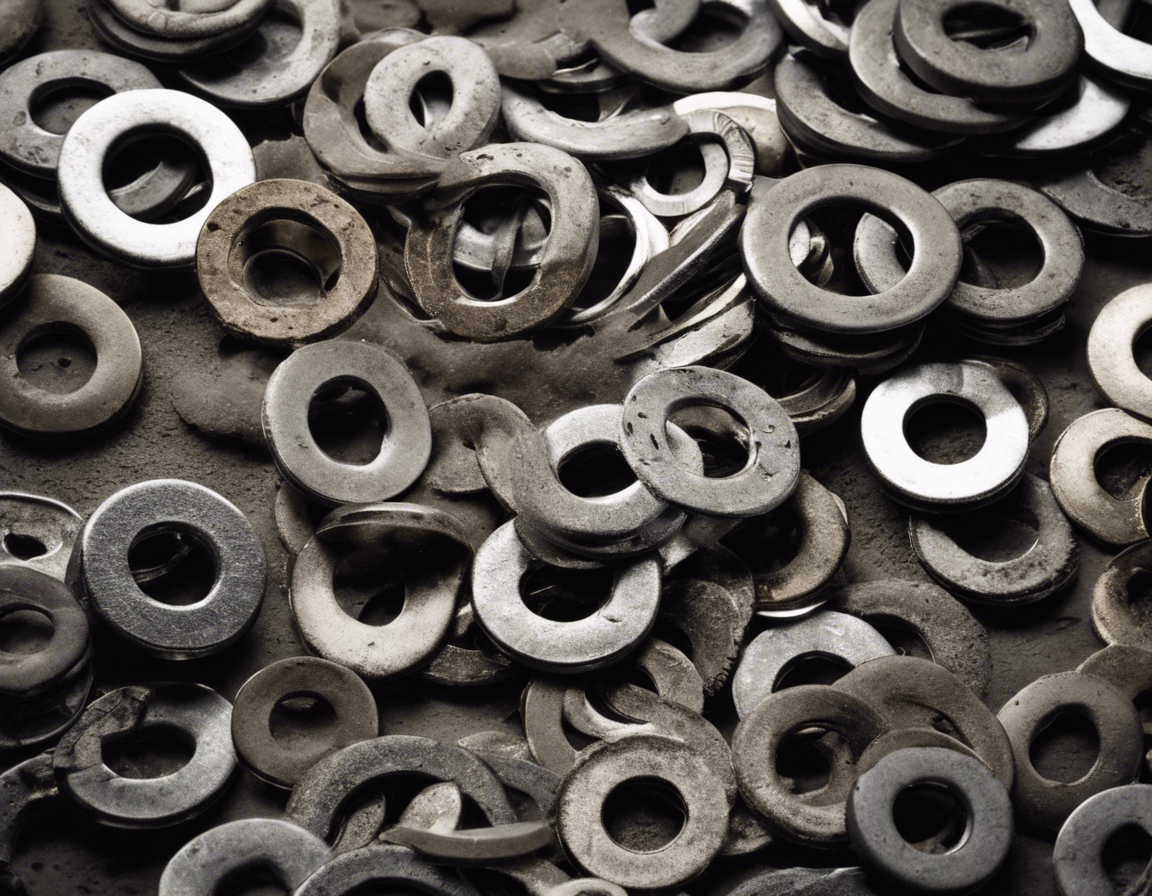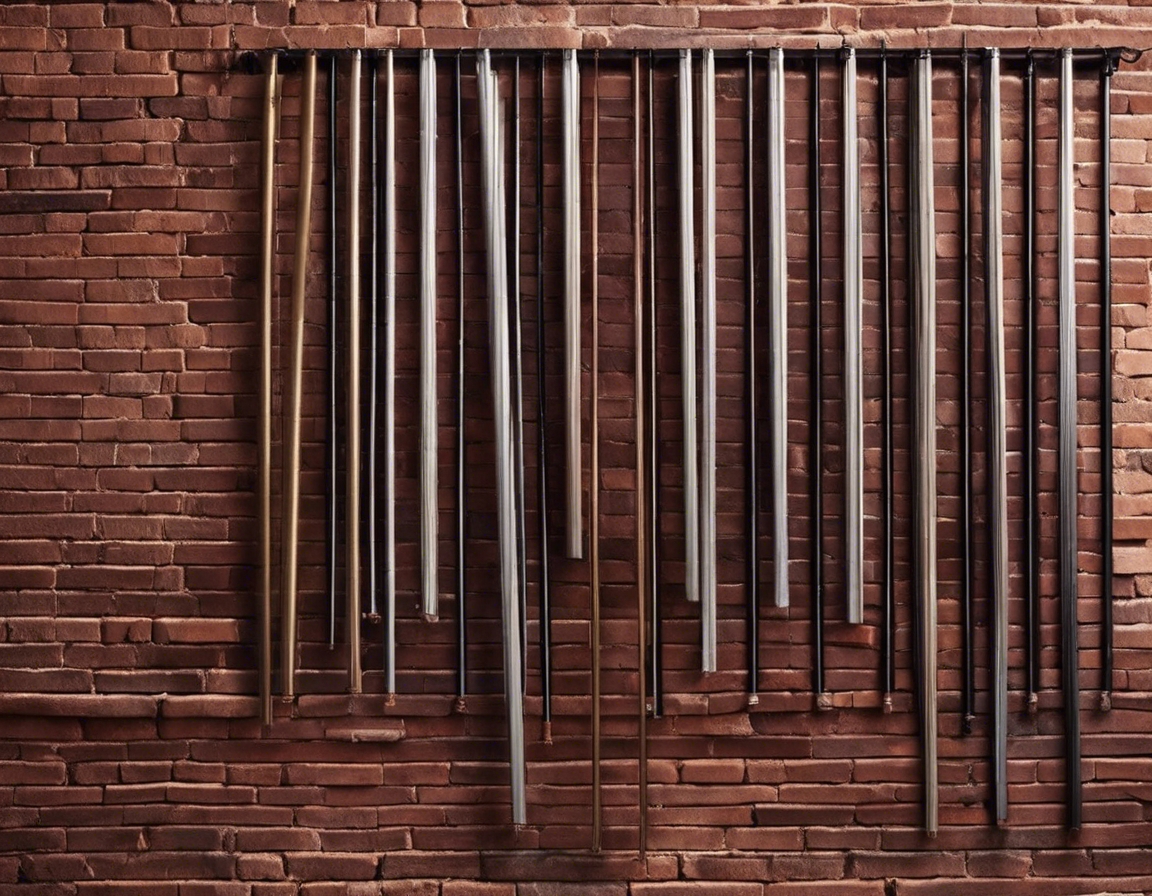How to choose the right anchor for your project
Anchors are essential components in construction and manufacturing, providing the necessary support and stability for various structures and installations. Choosing the right anchor is crucial to ensure the safety and longevity of your project. With numerous types of anchors available, understanding their specific applications and characteristics is key to making an informed decision.
Understanding Different Types of Anchors
Mechanical anchors are designed to expand within a hole in the base material, providing a secure hold. They are commonly used in concrete and masonry applications. Types of mechanical anchors include wedge anchors, sleeve anchors, and drop-in anchors. Each type has its unique features and is suitable for specific load requirements and environmental conditions.
Chemical anchors use a resin-based adhesive to bond the anchor to the base material. They are ideal for high-load applications and can be used in cracked or uncracked concrete. Chemical anchors offer flexibility in terms of installation depth and are resistant to environmental factors such as moisture and temperature changes.
Expansion anchors work by expanding against the walls of the hole in which they are installed. They are suitable for use in solid materials like concrete and brick. Common types include bolt anchors and plug anchors. These anchors are easy to install and provide a strong hold, making them popular for various applications.
Screw anchors, also known as self-tapping anchors, are designed to cut their own threads into the base material. They are ideal for lightweight applications and can be used in drywall, plaster, and other soft materials. Screw anchors are easy to install and remove, making them a versatile choice for many projects.
Factors to Consider When Choosing an Anchor
Understanding the load requirements of your project is crucial when selecting an anchor. Consider both the static and dynamic loads that the anchor will need to support. Ensure that the chosen anchor can handle the maximum expected load to prevent failure and ensure safety.
The type of base material significantly influences the choice of anchor. Different anchors are designed for specific materials such as concrete, brick, or drywall. Ensure compatibility between the anchor and the base material to achieve optimal performance and durability.
Consider the environmental conditions where the anchor will be used. Factors such as moisture, temperature fluctuations, and exposure to chemicals can affect the performance of the anchor. Choose anchors that are resistant to these conditions to ensure long-term reliability.
The ease of installation is another important factor to consider. Some anchors require specialized tools or techniques, while others can be installed with basic tools. Evaluate the installation process and choose an anchor that aligns with your skill level and available resources.
Common Mistakes to Avoid
When selecting and installing anchors, avoid common mistakes such as using the wrong type of anchor for the base material, underestimating load requirements, and neglecting environmental factors. Proper planning and adherence to manufacturer guidelines can prevent these errors and ensure the success of your project.








Comments (0)